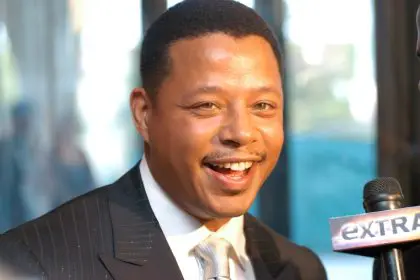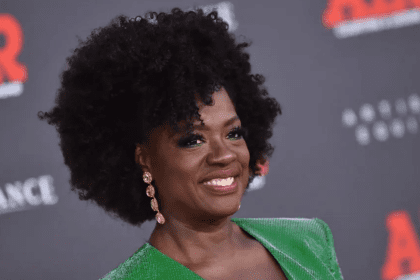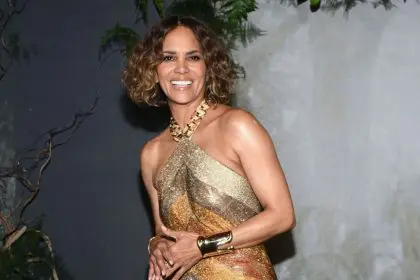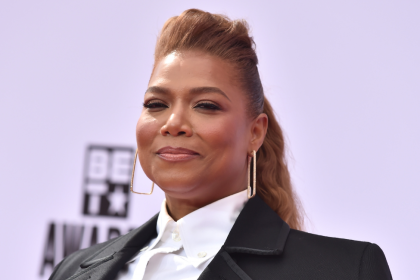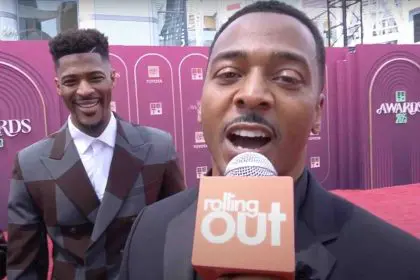Earlier this summer, actor Terrence Howard showed us his naughty side in Lee Daniels’ The Butler, while having an adulterous affair with Oprah Winfrey’s character Gloria Gaines. It’s his role as a helpless father, Franklin Birch in Prisoners, that we come to know him as fearful and desperate. In this kidnapping drama, Howard is under the direction of Oscar-nominated director Dennis Villeneuve and in the company of Hugh Jackman who plays fellow father Keller Dover, a survivalist who refuses to give up, Jake Gyllenhaal (Detective Loki) and Viola Davis, who plays his wife Nancy Birch, Franklin’s backbone.
When Detective Loki has to uphold the constitutional rights of suspect Alex Jones, Keller takes the law into his own hands literally. The seasoned contractor builds a torture chamber for the developmentally disabled man, often beating him while under pressure and fearing that time is running out for the missing girls, Anna and Joy.
An often speechless and helpless Franklin would prefer to take a different approach. Franklin’s best line to convey is objection is when he barely audible asks, “What in the world did you do?”
Just the mere thought, as a parent, knowing that you haven’t done everything within your power to protect your child summons fear and can either cause you to lose faith or use your sensibilities, and put your faith in motion. In order to really delve into this character, Howard admits that he owes his sensibilities to his “Mother.”
“I grew up in a household where I had my mom, grandmother, great-grandmother and great-great grandmother; we called her ‘Mother.’ Love was such a huge impetus throughout the house. I remember when I was 13-years-old if there was something going on, my great-great grandmother would have me to just be still and wait on God. [And know] everything was going to work itself out,” opens Howard during the Toronto International Film Festival.
One of the underlying themes in this film was religion – used appropriately for strength and misused for justification. He continues, “I have always seen the woman as the person who would carry the spirit of God in the household and the father the hand of God. The woman carries the love of God. For this character, I had to refer back to that tender age of her [cradling me during] those terrible situations in my life and reminding me to be just be still. I transferred to my character to just be still.”
It was his wife, Nancy, who was there to reassure him that she would stand in the gap and make him whole again. He closes, “When Adam was in the garden, he had God, but he didn’t know great love until the woman showed up.”


